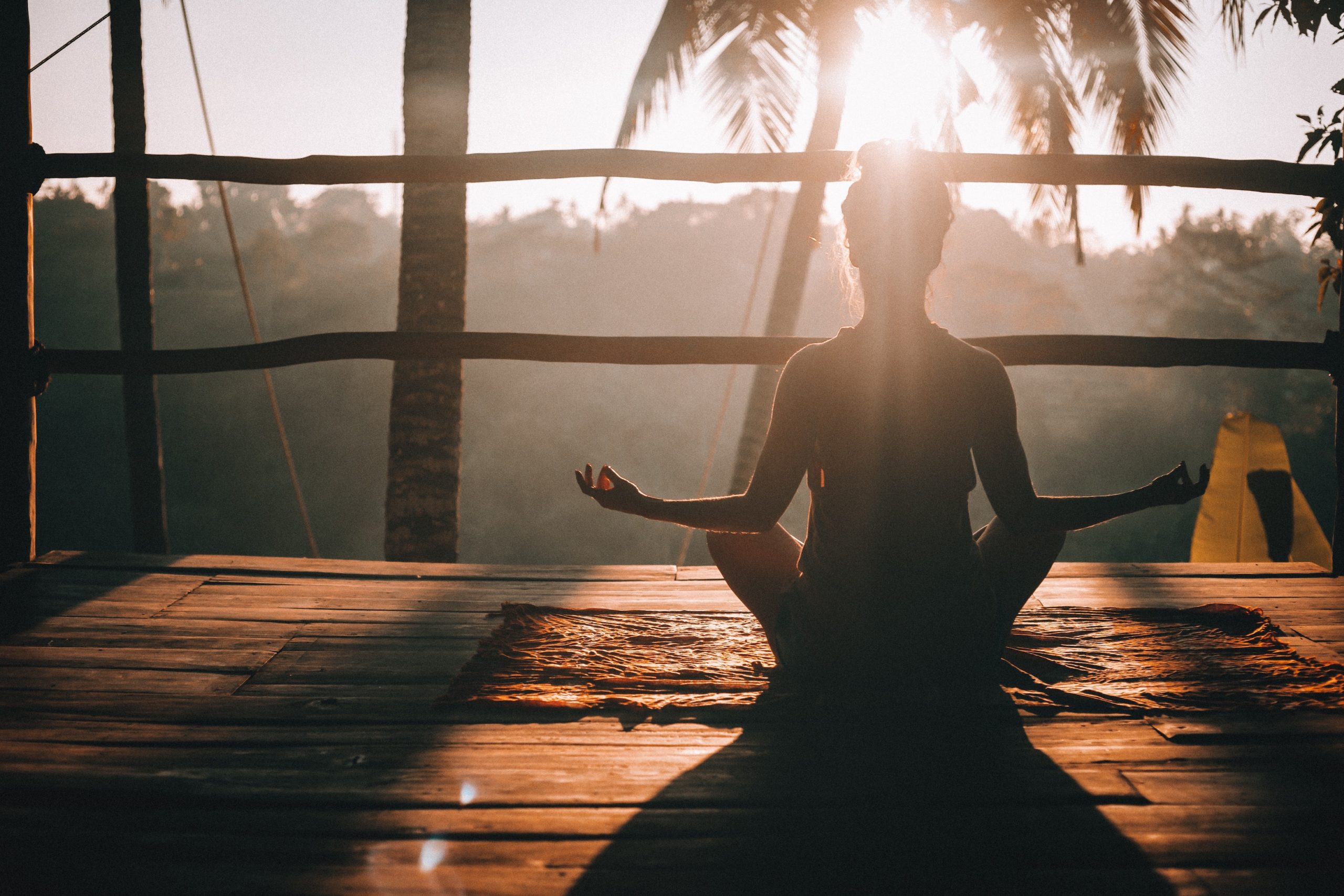
Here’s a travel truth that’s tough to admit: Sometimes we don’t arrive home calm, refreshed, and ready to take on everyday life with renewed vigor. Sometimes, we return feeling grumpy and exhausted. And that can all too easily end a vacation on a sour note.
So what’s the antidote to post-travel fatigue? It’s developing an anti-exhaustion game plan and implementing it before, during, and after a trip. Follow these steps, and you’ll be more likely to bounce back from post-travel fatigue, stat.
Prep for a calm return
Before leaving for a trip, take care of any pressing to-dos (like filling prescriptions or stocking the pantry), clean up around the house (pay particular attention to the kitchen, since food or rubbish could attract pests), take out the trash (so it doesn’t stink up the house while you’re gone), weatherproof your home (e.g. if it’s winter, take precautions to avoid bursting pipes), and implement some basic home security measures. That way you won’t have to worry about straightening the bedroom, running out for toilet paper, or unexpected issues when you get home. Instead, you can spend some time recovering from the trip and nursing all the feel-good emotions that came with it.
Practice self-care to avoid post-travel fatigue
Before, during, and after a trip, make sure that you practice healthy habits in order to up the chances of feeling your best. Stay hydrated, eat nutritious foods, get some exercise, and try to take it easy on alcohol and caffeine—at least while your body’s trying to overcome jet lag. Also do what you can to ensure that you’ll be as comfortable as possible during your trip—pack a light blanket and travel pillow for long flights or road trips, and bring headphones to help cancel out noise on public transportation. Paying attention to these small details can increase the chances that you’ll get enough sleep during the trip.
Don’t cram too much into the trip
Sure, it can be tempting to visit every single attraction in your destination’s 400-page guidebook, but the frenetic pace of tourism can quickly eat up all your energy reserves. Prioritize quality experiences over quantity, and you’ll avoid burnout so that you return from the trip refreshed instead of weary.
Tip: Keep track of your planned activities by forwarding your bookings, such as museum tickets and dinner reservations to TripIt to create a seamless itinerary. Then, use features like Navigator to find ground transportation options and Nearby Places to quickly locate anything you need while you’re out exploring.
Maximize your exposure to natural light
In order to maintain a healthy sleep-wake cycle (which is critical for fighting post-travel fatigue), our bodies require exposure to natural light. But shifting time zones, long flights, and the disrupted schedules that come along with travel can mean that we don’t get the light exposure our bodies need. Make an effort to get outside during each day of your trip; if you feel like you could use an extra boost, consider using a light-emitting device which offers UV-free light therapy in a travel-size package.
Take your time getting home
If you’re returning from multiple time zones away and your schedule is flexible, try adding in a stopover at a destination that’s halfway to home. Staying there for an extra night or two will help you adjust to different time zones one by one (instead of getting slammed with the cumulative jet lag of crossing multiple time zones).
Don’t have time for a stopover? Consider making minor adjustments to your eating and sleeping schedules in the days leading up to your return flight so that you’re eating/sleeping within a few hours of your normal meal and sleep times back home. This will help make the transition less dramatic when you do land back in your home time zone.
Schedule in recovery time
While it can be tempting to eke out every last moment of vacation time at your destination, arriving home on Sunday night and getting back to work on Monday morning is a sure-fire way to feel awful. Try to build in a couple of recovery days after any big trip so that you have time to adjust to being back home at your own pace. If you must head right back to work, at least try to schedule meetings according to the time zone from which you’ve just returned; this will help ensure that you have enough energy for your Zoom call.
Give yourself something to look forward to
It can be deflating to return back home from a great vacation, because it means that said vacation is over; and that emotional slump can increase feelings of post-travel fatigue. Help keep the feel-good vibes flowing by giving yourself something to look forward to upon returning back home. Maybe you pick up a new hobby, take a day trip to a neighboring city, or start planning your next vacation.
And there you have it: A little advance planning can go a long way toward making sure you return from vacation fully capable of getting back to real life.

